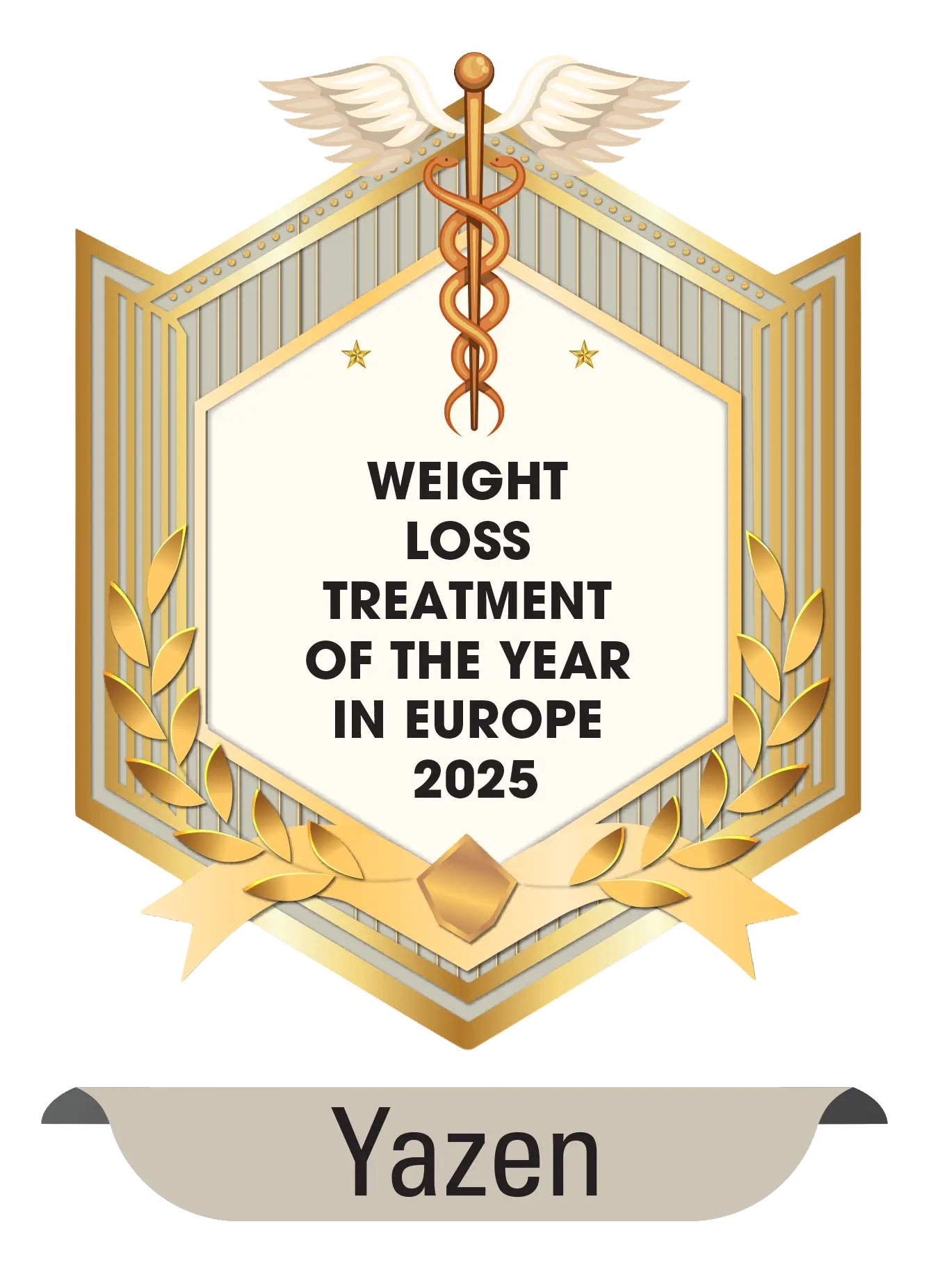Popular drug linked to reduced dementia risk in elderly with diabetes
Study shows GLP-1 agonists reduce dementia risk in elderly with type 2 diabetes. Findings from KI highlight potential benefits for diabetes treatment

Popular drug linked to reduced dementia risk in elderly with diabetes
A recent study from Karolinska Institutet, published in eClinicalMedicine, has found that elderly individuals with type 2 diabetes treated with GLP-1 agonists have a reduced risk of developing dementia.
GLP-1 agonists, or GLP-1 analogues, have become increasingly popular for treating type 2 diabetes and obesity due to their ability to control blood sugar levels, promote weight loss, and protect the heart.
People with type 2 diabetes are at an increased risk of developing dementia, and there are hypotheses suggesting that newer diabetes medications like GLP-1 agonists and DPP-4 inhibitors may have a protective effect.
In the new registry-based study, researchers followed over 88,000 elderly individuals with type 2 diabetes for up to ten years. Using a study design called "target trial emulation," which aims to mimic a randomized clinical trial, the researchers analyzed the association between three diabetes medications (GLP-1 agonists, DPP-4 inhibitors, or sulfonylureas) and the risk of dementia.
They found that patients using GLP-1 agonists had a 30 percent lower risk of developing dementia compared to those using sulfonylureas, and a 23 percent lower risk compared to those using DPP-4 inhibitors.
"This is important as it can help doctors make better decisions on which medications to use for elderly patients with type 2 diabetes. However, actual randomized trials are needed to definitively establish that GLP-1 agonists truly reduce the risk of dementia," says Bowen Tang, a PhD student in Sara Hägg's research group at the Department of Medical Epidemiology and Biostatistics, Karolinska Institutet.
The study was funded by the Swedish Research Council, Karolinska Institutet, National Institute on Aging, National Institutes of Health, and the Swedish Foundation for Humanities and Social Sciences. No conflicts of interest were reported.
Read the full article and the scientific report.
More news
WOD26: Data Reveals Persistent Shame & Stigma Around Obesity Treatment
Ahead of World Obesity Day on 4 March, Yazen is sharing new findings from internal patient data, revealing that shame and stigma remain major barriers to obesity care — even as effective medical treatments become more widely available.
Yazen achieved record-breaking growth in 2025, doubling its revenue.
In 2025, Yazen's revenue surged 87% to nearly €29.4 million, with gross profits doubling to €16.5 million. Now treating over 37,000 active patients across seven countries, the company is eyeing further expansion into two more markets in 2026. Despite an EBITDA of –€5.7 million due to heavy growth investment, Yazen remains a leader in European obesity care.



















